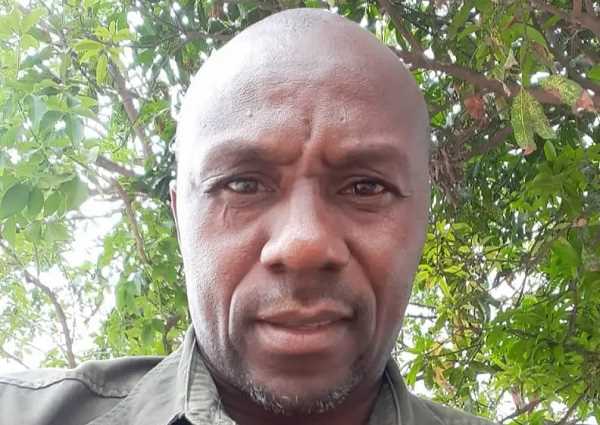
Edmore Zvinonzwa
As elections draw closer, councilors who will get into office must push for total devolution, Chitungwiza and Manyame Residents Association director Marvelous Kumalo has said.
In an interview with Zim Now, Kumalo said their main objectives as Camera are centred around the improvement of service delivery where they take council as our major stakeholder in terms of working with it to ensure there is an improvement on the service they render to the local citizenry.
“Any political party that wants to be supported should address service delivery issues at a local level because this is where the people are. However, this has increased the stakes as well as contestations.
“The key thing for elected officials should be around devolution. Most of our local authorities are run by the opposition while central government is run by the ruling party, thereby creating playgrounds for political contestations in councils.
“So, instead of councillors combining to deliver on their mandate they then use these small spaces for their own small partisan fights. For them, it is a five-year cycle of elections. Residents do not worry about the political party as long as roads are good, piped water is coming through, refuse is being timely collected and other key service delivery issues,” Kumalo told Zim Now.
The Camera boss said there should be united voices for devolution so that there is no undue interferences either from central government or political parties. “So, my major advice for officials who will be elected on August 23 would be to push for full implementation of devolution,” he said.
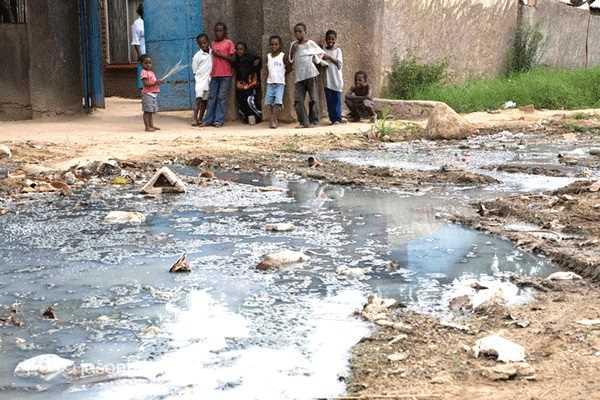
Kumalo also said their other concern as a residents association is around governance, noting that some of the challenges that they face that affect service delivery in a negative way are around governance issues. “We also have an issue that general principles of governance are adhered to at a local as well as national level. We cannot talk of Chitungwiza in isolation but it also links with the provincial and national politics.
“Around governance, we also pick out an important issue, that of corruption that has not only bled our local authority but the country at large. We take it as a key issue. Linked to that is the quality or calibre of representatives that we deploy either in our local authorities and in our national positions be it in Parliament and so forth,” Kumalo said.
He revealed that 40 residents associations from across Zimbabwe met in Gweru last year to talk about issues that impact on service delivery.
“You will be interested to note that one of the issues that we discussed was around elections, especially local authority elections. As long as we do not influence the caliber of people who are elected into local authorities, then it might be difficult for us to influence the quality of service delivery in councils.
“If you have a councillor who does not even know the role of local authorities then you expect that councilor to deliver in terms of social services. We would need someone who can read and write for local authorities but we got resistance from political parties.
“By seconding a councillor who is illiterate, we are surrendering the oversight role to council bureaucrats. At least it is impressive that the draft from central government is considering minimum qualifications for local elected officials in the 2028 elections.
“For us as residents associations, a peaceful, free and fair election is key. We would want elected officials not those who use unscrupulous means to get positions. Such situations will lead to local authorities getting people who play to the tune of political party leaders or even ministers,” he said.
Kumalo also singled out polarisation as one of the major challenges that impede development.
Related Stories
“Zimbabwe is a deeply polarised society where people exist in political spaces either one identifies with political party Y or X. It has given us challenges when we want to move forward. Instead of people accepting that we are residents first before we get to our political parties, they tend to politicise some of our work and advocacy programmes. Where we agree, they embrace us but where we differ, they castigate us.
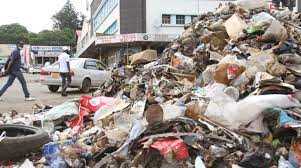
“When we engage with the two local authorities, either Chitungwiza Municipality or Manyame Rural District Council, on our own on some issues, we seem to agree but when there is undue political interference, then we tend to be divided.
Kumalko also waded into the perennial problem of land barons, one of the challenges Chitungwiza has been grappling with for years. “In terms of our physical location and our nearness to the capital city, Harare, Chitungwiza plays a key role in providing not only shelter, but other basic services as well for the capital city. This should have convinced government to create more land because there is pressure – people who can’t invest in the capital will start looking at the vicinity and Chitungwiza would come in as an attractive alternative,” he said.
The residents’ association leader pleaded with central government to create more land to Chitungwiza Municipality for expansion purposes not only for residential but industrial and commercial expansion as well.
“As it is now, in terms of the growth path that Chitungwiza has taken, it has remained a shadow of the capital city.
“Remember Chitungwiza was established as a dormitory town of Harare and there was supposed to be plans, over the years, on the part of the City Fathers, to shake off this dormitory town tag by attracting industry and commerce so that Chitungwiza becomes a standalone urban area.
“Central government has failed in this development path. We have realised there is no industry to talk about after the demise of Cone Textiles and other industrial setups. We only now have Delta, but unfortunately, Delta Chitungwiza employs less than 500 employees,” Kumalo told Zim Now.
He said this has left Chitungwiza to grow specifically as a residential area. Most its spaces, including football pitches and other pieces earmarked for other uses have been turned for residential expansion. “So, that gives us a situation which is not good for growth because how will the residents be sustained and how will Chitungwiza be sustained? It means it will get its sustenance from residents instead of from commerce and industry.
“Towns are supposed to grow because of a certain economic activity not because people will come and live in that place without any major economic activity to sustain them. Chitungwiza, as a result, has become a place which has high demand for residential land, leading to land barons coming in as central government and council have failed to provide serviced and cheap land for residential expansion purposes. Land barons saw this as an opportunity, the housing waiting list continues to balloon, yet in terms of the supply side, nothing is coming in.
“On this one I don’t want to blame the local authority alone but government as well for failing to provide land for expansion purposes,” Kumalo told Zim Now.











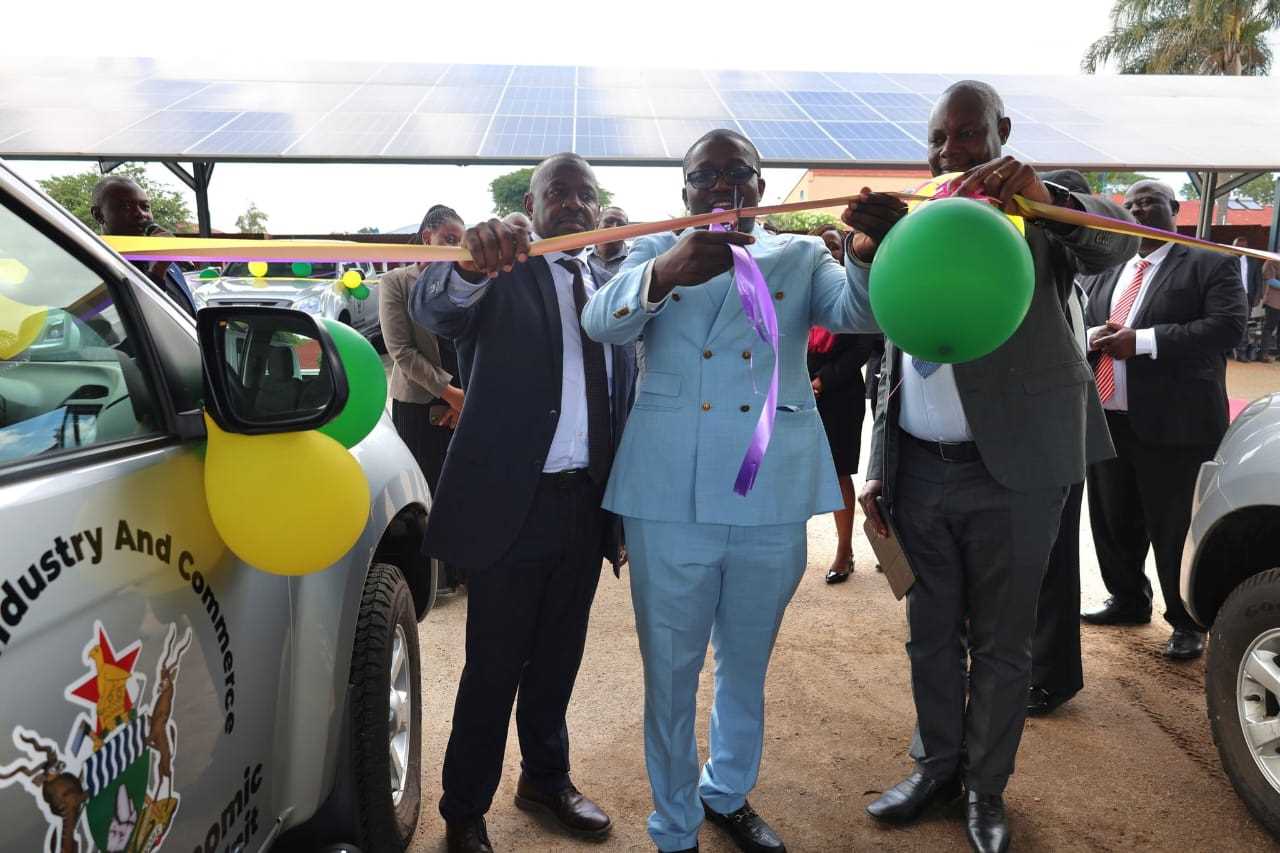





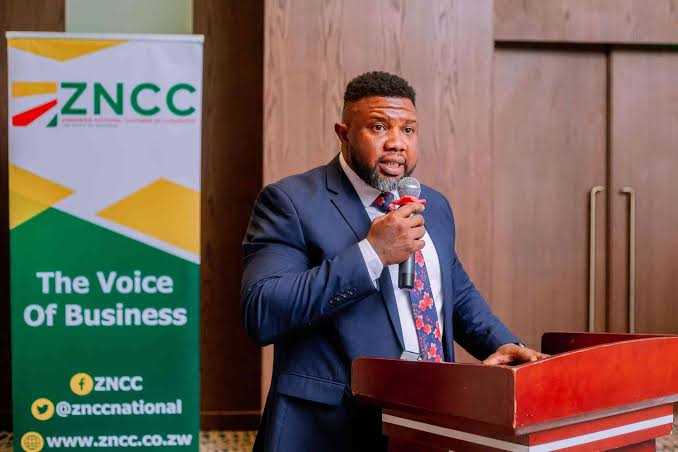


Leave Comments